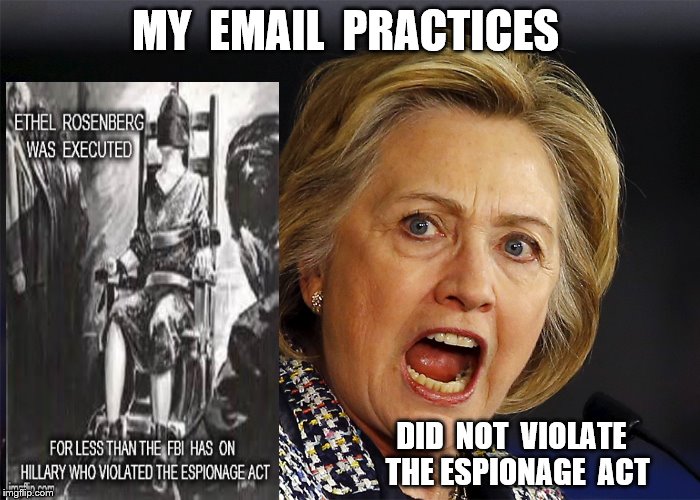


The warrant shows that the raid at Mar-a-Lago was part of an investigation of potentially serious offenses and anyone convicted of those offenses could face years in federal prison. "Whoever knowingly alters, destroys, mutilates, conceals, covers up, falsifies, or makes a false entry in any record, document, or tangible object with the intent to impede, obstruct, or influence the investigation or proper administration of any matter within the jurisdiction of any department or agency of the United States or any case filed under title 11, or in relation to or contemplation of any such matter or case, shall be fined under this title, imprisoned not more than 20 years, or both," the statute says. §§ 1519 is part of the Sarbanes-Oxley Act, which was passed in 2002 after financial scandals involving the companies Enron and WorldCom, among others.Īn obstruction law, it deals with "Destruction, alteration, or falsification of records in Federal investigations and bankruptcy and carries the highest sentence of any of the potential violations - 20 years in prison." Marjorie Taylor Greene Seeks to Impeach Garland for 'Persecuting' Trump.Black Lives Matter Calls Conservative Cry of 'Defund the FBI' Hypocritical.Breitbart Slammed for Doxxing FBI Agents Involved in Mar-a-Lago Raid.It is a law that criminalizes the destruction or theft of government documents and makes it a crime for a person with custody of any record or document from a federal court or public office to willfully and unlawfully conceal, remove, mutilate, falsify or destroy that document. §§ 2071, deals with the "concealment, removal, or mutilation generally" of government documents and violations carry a fine, a three year prison sentence, or both. The second statute cited in the warrant, 18 U.S.C. It adds: "Or (2) having knowledge that the same has been illegally removed from its proper place of custody or delivered to anyone in violation of its trust, or lost, or stolen, abstracted, or destroyed, and fails to make prompt report of such loss, theft, abstraction, or destruction to his superior officer- Shall be fined under this title or imprisoned not more than ten years, or both."
#Espionage act penalties code#
§§ 793 refers to the Espionage Act, and states, in part: "Whoever, being entrusted with or having lawful possession or control of any document, writing, code book, signal book, sketch, photograph, photographic negative, blueprint, plan, map, model, instrument, appliance, note, or information, relating to the national defense, (1) through gross negligence permits the same to be removed from its proper place of custody or delivered to anyone in violation of his trust, or to be lost, stolen, abstracted, or destroyed. In a section of the warrant about what property was to be seized, the document says: "All physical documents and records constituting evidence, contraband, fruits of crime, or other items illegally possessed in violation of 18 U.S.C. The warrant also cited two further statutes that can also carry prison terms if they are violated. The Espionage Act, passed in 1917, carries a penalty of a fine, up to 10 years in prison or both for mishandling of defense information and it was the first statute cited on the warrant. The warrant authorizing the search at Trump's Mar-a-Lago residence in Palm Beach revealed that the former president is under investigation for a potential violation of the Espionage Act and also cited potential violations of other U.S. Former President Donald Trump has not been charged with any crime but speculation has mounted about the Department of Justice's next moves after documents related to the search of his Florida home were unsealed on Friday.


 0 kommentar(er)
0 kommentar(er)
